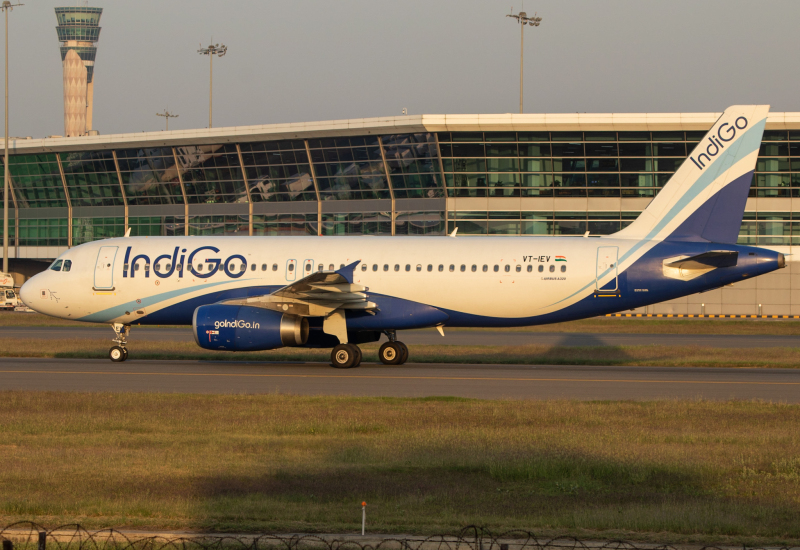Air Kerala, a new Indian airline spearheaded by UAE-based businessmen, is nearing its inaugural flight, with domestic operations targeted for early 2025. The carrier's ambitions extend beyond India's borders, with plans to set its sights on the United Arab Emirates (UAE) by 2026.
This development comes after Zettfly Aviation, the company behind Air Kerala, received its initial no-objection certificate (NOC) from India's Ministry of Civil Aviation. The NOC signifies a crucial step towards obtaining the Air Operator Permit (AOP), a prerequisite for launching commercial airline services.
Air Kerala aims to establish itself as an ultra-low-cost carrier (ULCC), catering to the budget-conscious traveler. The company plans to initiate operations with a fleet of three ATR 72-600 turboprop aircraft, known for their fuel efficiency and suitability for regional routes. This strategy aligns with the airline's initial focus on domestic connectivity within India.
The airline's leadership, Afi Ahmed and Ayub Kallada, both Indian businessmen residing in Dubai, see a significant market gap in Kerala, particularly for those seeking affordable travel options. A large Keralite diaspora resides in the UAE, and Air Kerala hopes to bridge this gap by providing direct flights between Kerala and Dubai.
While securing the NOC is a significant milestone, Air Kerala still has several hurdles to overcome before takeoff. The airline must acquire its AOP, finalize aircraft leasing agreements, and establish operational infrastructure. Additionally, obtaining international traffic rights for flights to the UAE will require separate negotiations with Emirati aviation authorities.
Despite these challenges, Air Kerala's entry into the Indian aviation market is generating interest. The Indian aviation sector has witnessed significant growth in recent years, with a rising demand for domestic and international air travel. The emergence of ULCCs like Air Kerala has the potential to further stimulate this growth by making air travel more accessible to a wider range of passengers.
Air Kerala's focus on Kerala and its plans for UAE expansion reflect a broader trend in India-UAE aviation relations. The UAE is a major transit hub for Indian travelers, and there is a growing demand for direct flights between the two countries. Established carriers like Emirates and Etihad Airways already dominate this route, but Air Kerala's ULCC model could offer a more cost-effective alternative.
The success of Air Kerala will depend on its ability to execute its business plan effectively. The airline faces competition not only from established players but also from other new entrants in the Indian ULCC market. However, if Air Kerala can navigate these challenges and capitalize on the growing demand for affordable air travel, it has the potential to carve out a niche for itself in the Indian aviation landscape.

